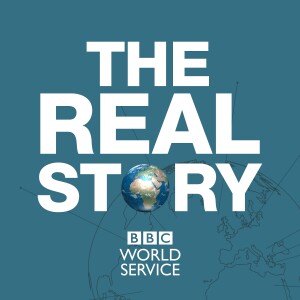
Unauthorised public gatherings are illegal in Cuba and protests are rare. But this week the island nation has witnessed its biggest demonstrations in decades. People took to the streets calling for an end to President Miguel Díaz-Canel's government. They blamed him for food and medicine shortages, price hikes and the government's handling of the Covid-19 pandemic. Mr Díaz-Canel described the demonstrators as 'counter-revolutionaries' and blamed the United States and its economic sanctions - in place in various forms since 1962 - for both the protests and Cuba's wider problems. So how big of a challenge do these demonstrations pose to Cuba's Communist government? Fidel Castro ruled for decades and was succeeded by his brother Raúl. How did their departure from the political stage change attitudes in the country and did it make protests more likely? And what is the Biden administration likely to do now? Ritula Shah is joined by a panel of experts to discuss Cuba at a crossroads.
view more
More Episodes
Can Lula fix the Amazon?
 2023-02-17
2023-02-17
 2023-02-17
2023-02-17
How do you stop police brutality?
 2023-02-10
2023-02-10
 2023-02-10
2023-02-10
Are protests changing Iran?
 2022-12-09
2022-12-09
 2022-12-09
2022-12-09
Qatar’s World Cup gamble
 2022-12-02
2022-12-02
 2022-12-02
2022-12-02
Why the US midterm elections matter
 2022-10-28
2022-10-28
 2022-10-28
2022-10-28
What caused the turmoil in British politics?
 2022-10-21
2022-10-21
 2022-10-21
2022-10-21
Xi Jinping’s plan for China
 2022-10-07
2022-10-07
 2022-10-07
2022-10-07
012345678910111213141516171819
Create your
podcast in
minutes
- Full-featured podcast site
- Unlimited storage and bandwidth
- Comprehensive podcast stats
- Distribute to Apple Podcasts, Spotify, and more
- Make money with your podcast
It is Free
- Privacy Policy
- Cookie Policy
- Terms of Use
- Consent Preferences
- Copyright © 2015-2024 Podbean.com



